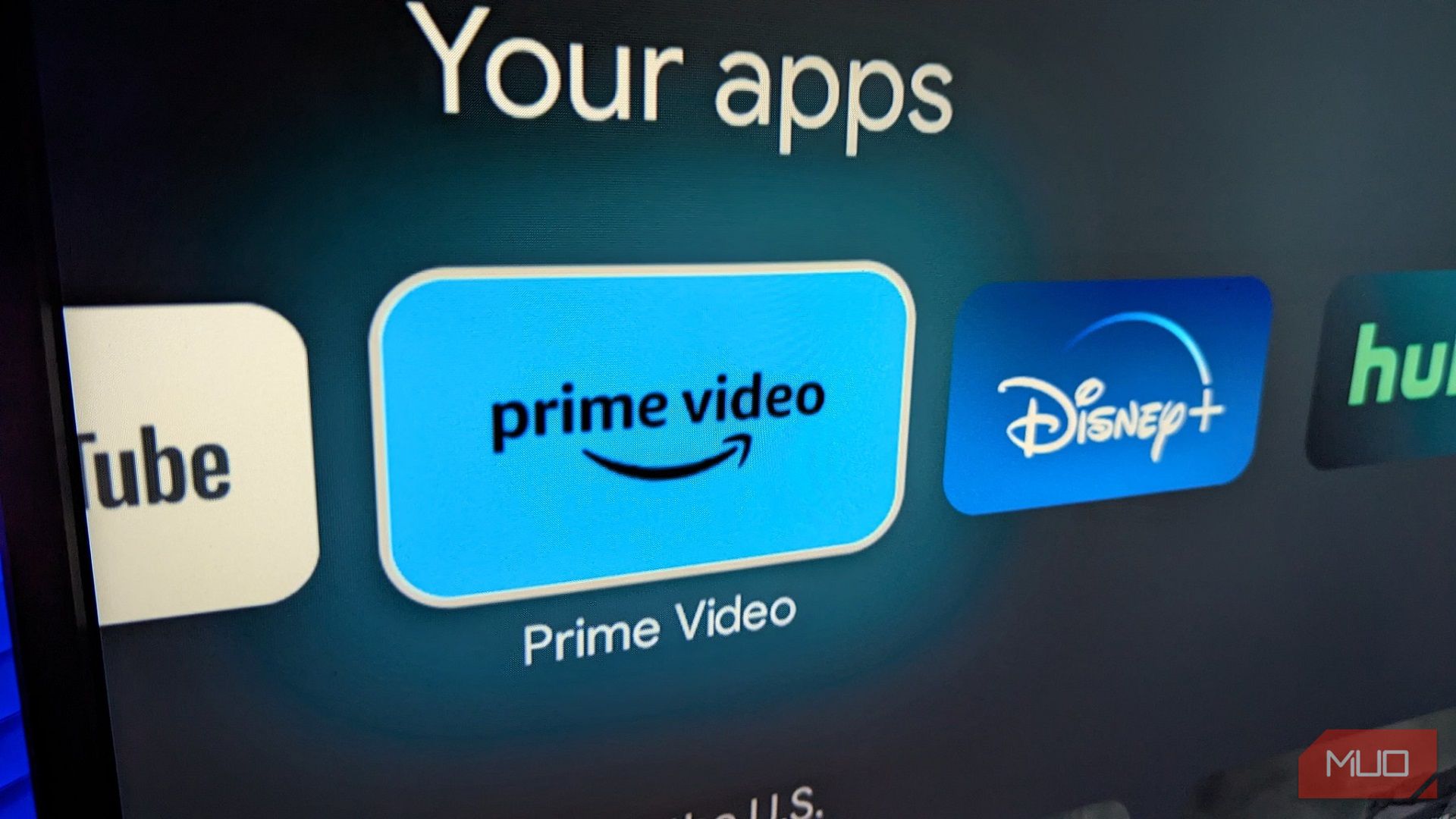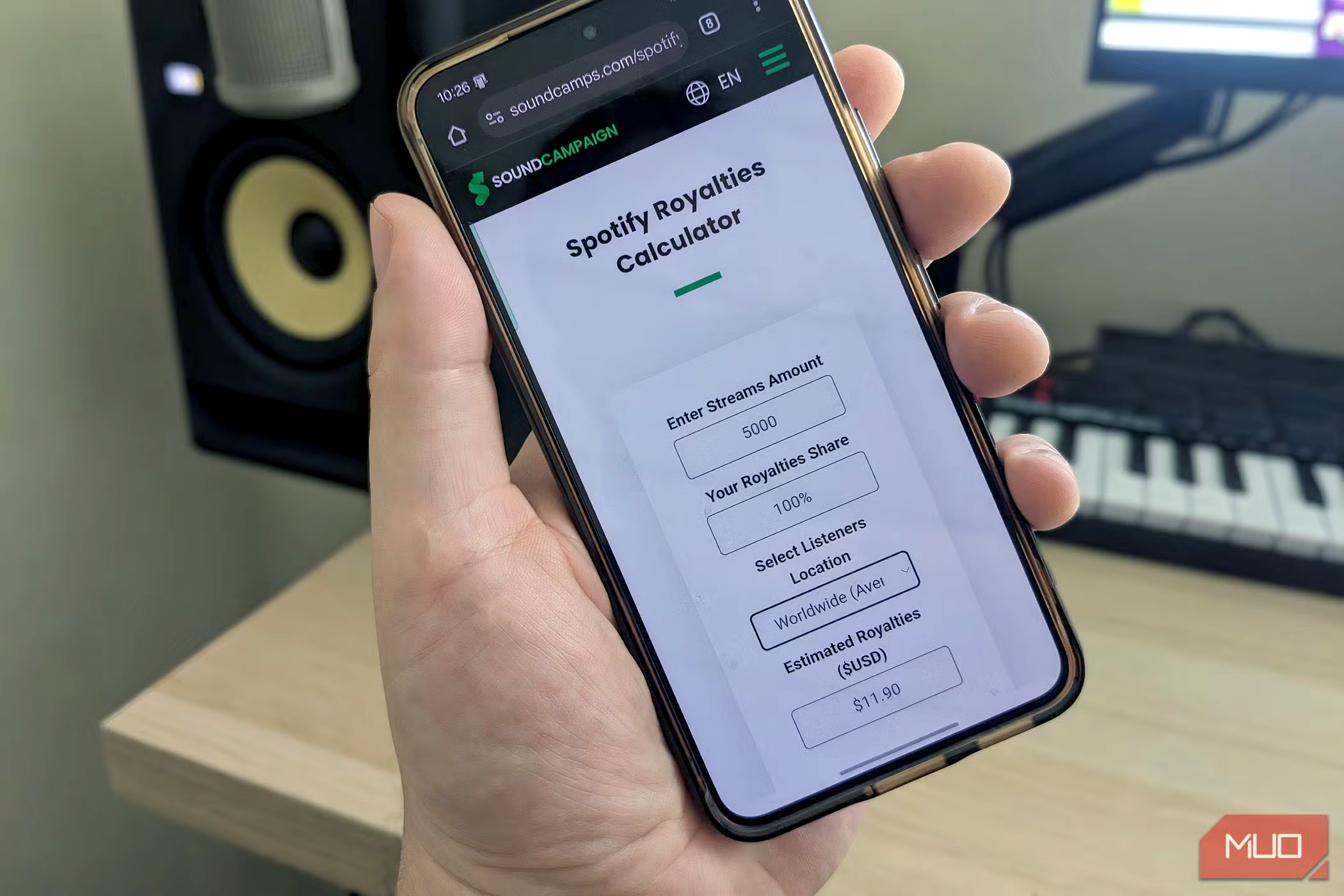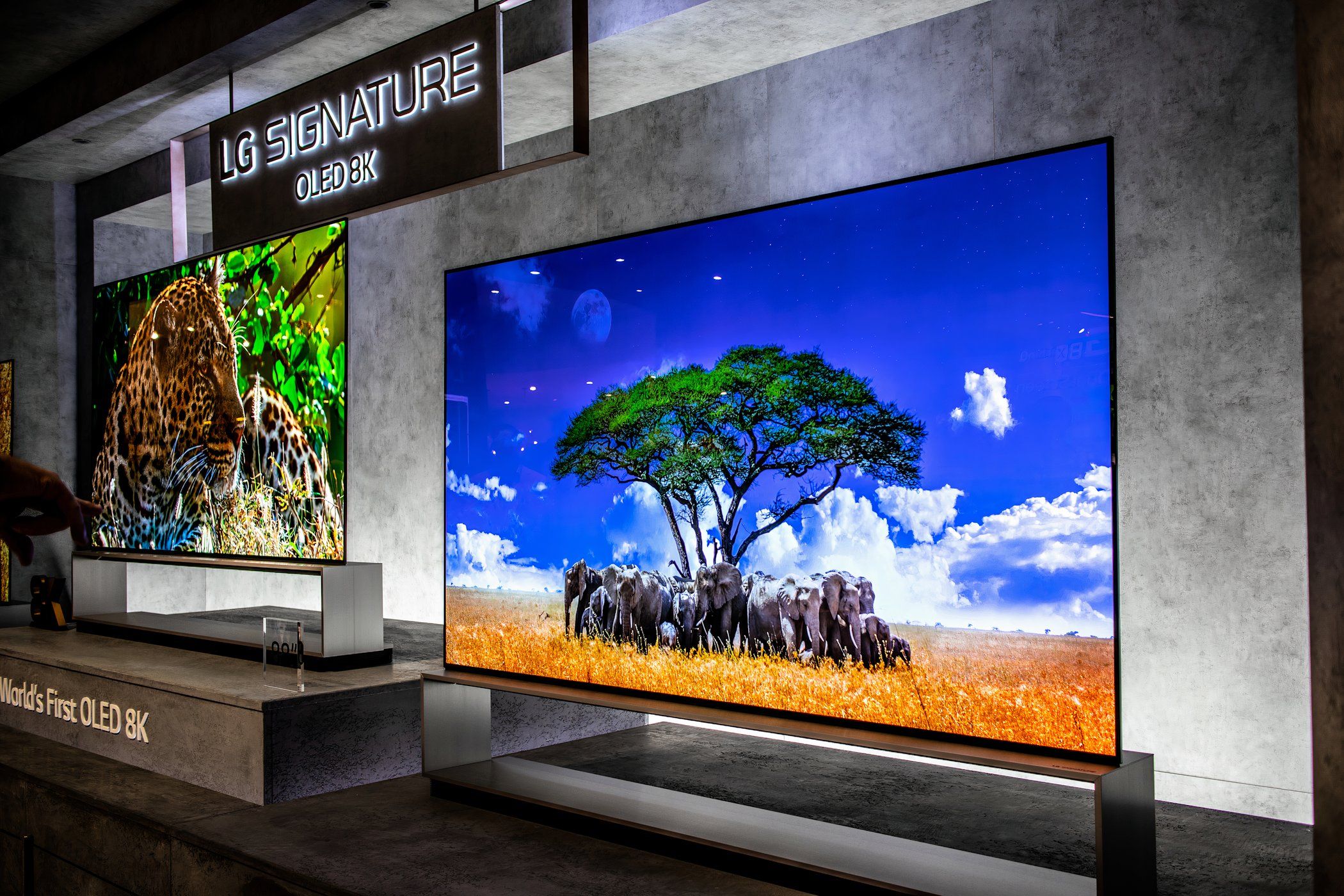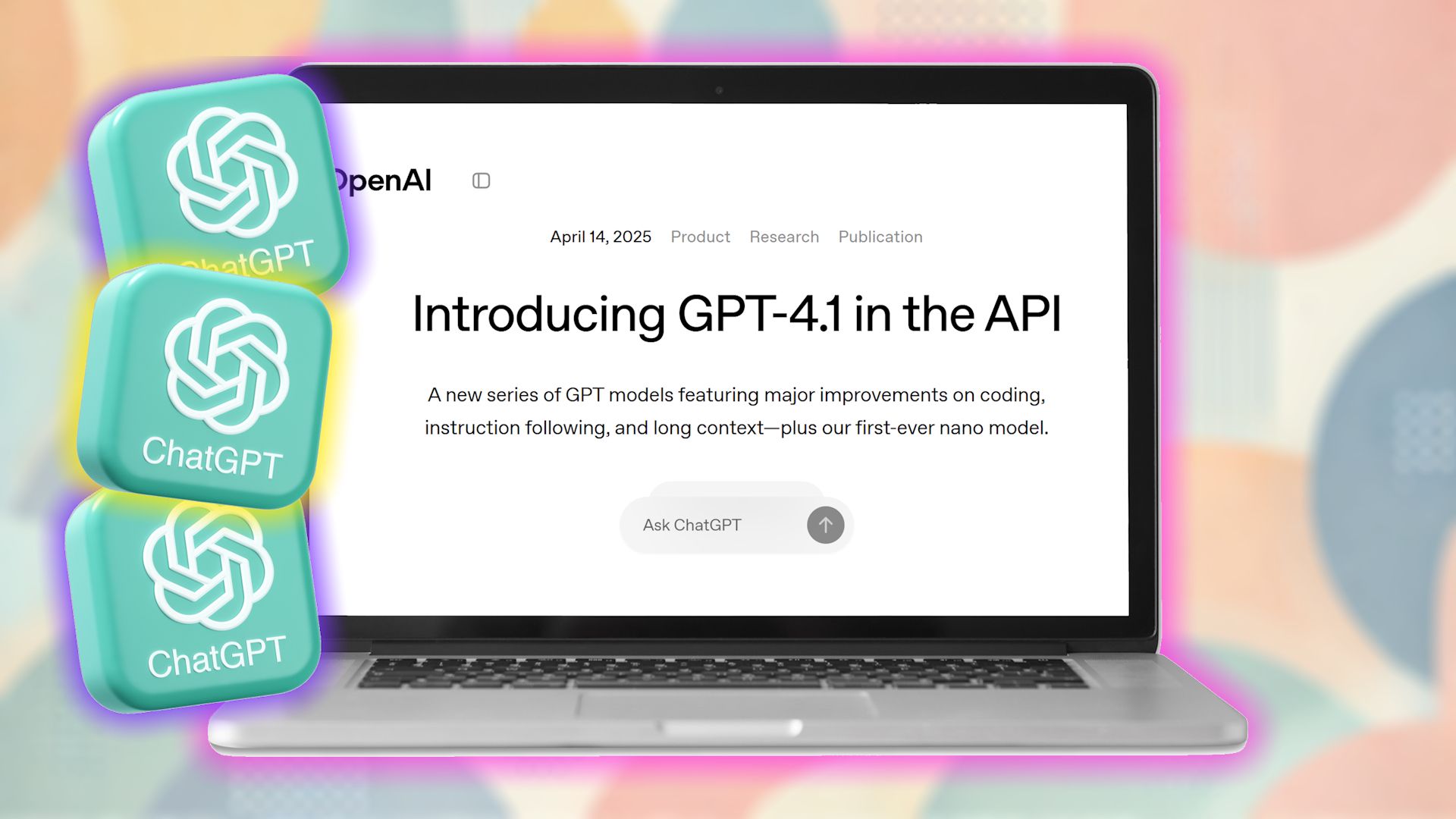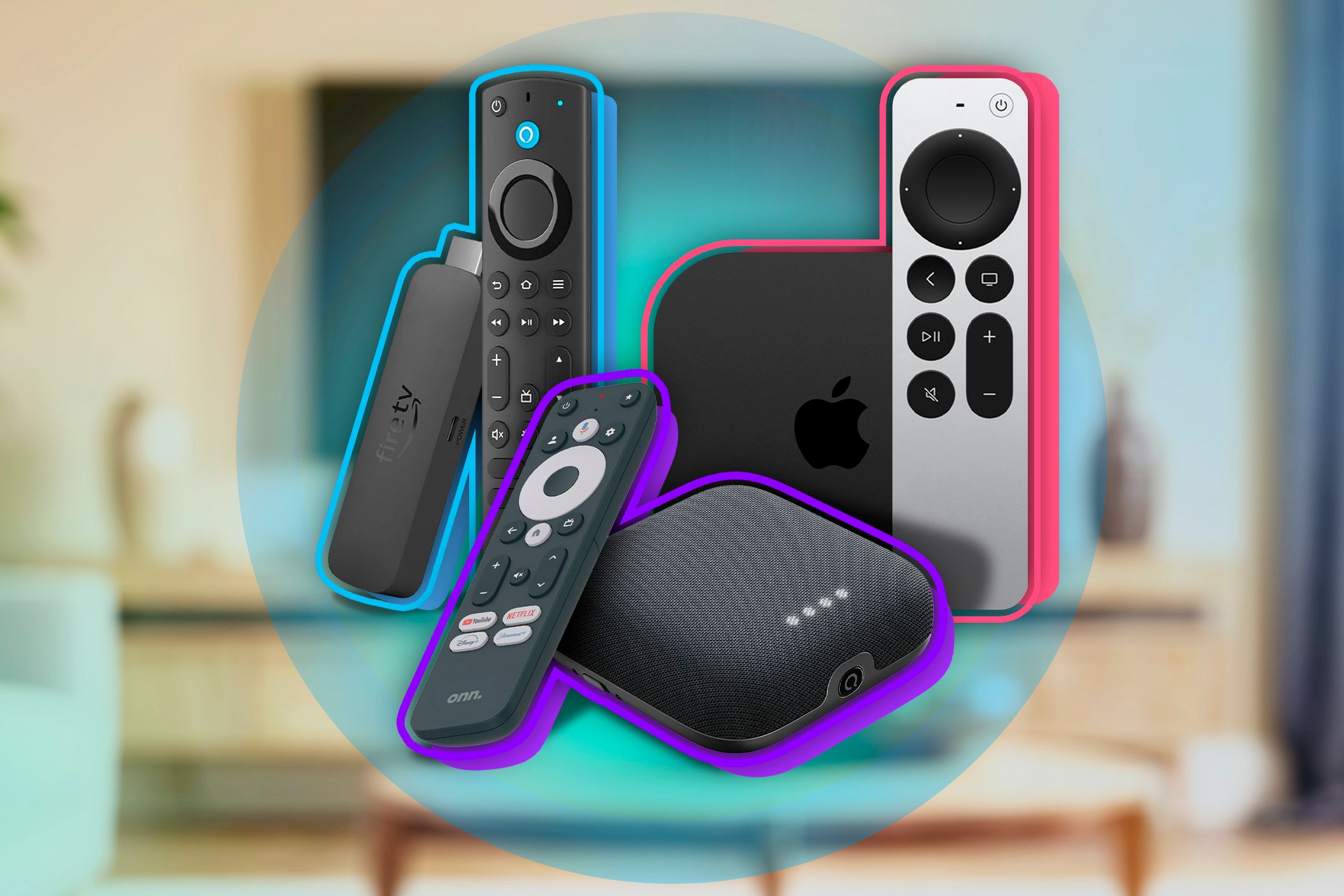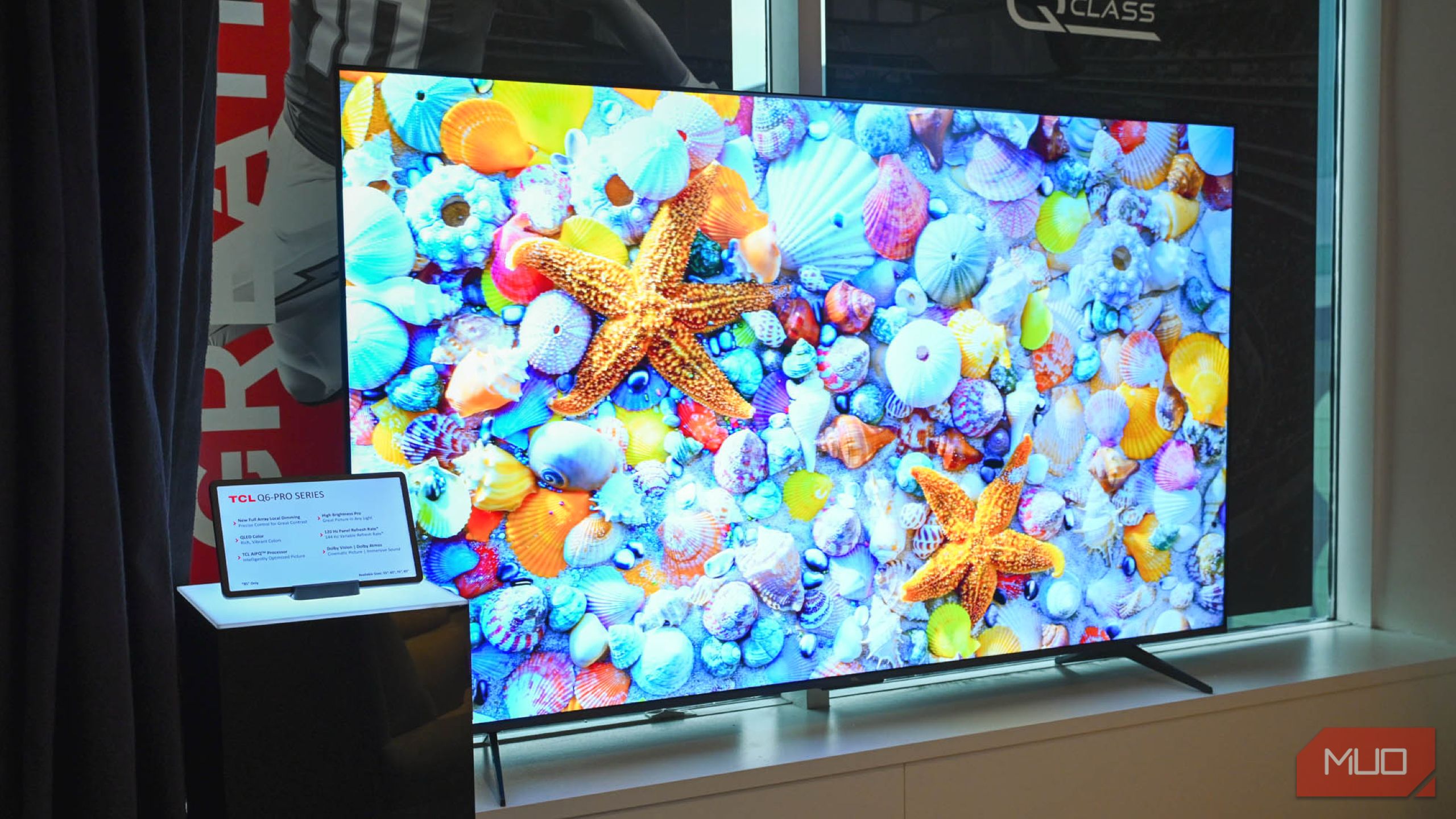Summary
- Research suggests that Qobuz and Amazon Music pay artists the most money per stream.
- Despite substantial revenues, some of the biggest music streaming platforms pay artists significantly less.
- Streaming royalties are complex, with factors like geolocation and platform revenue affecting payments.
Would you prefer more of your streaming subscription fees to go to the artists making your favorite music rather than industry executives? Me too, which is why I’m switching to one of the best-paying music streaming platforms to help make a difference.
Which Music Streaming Service Pays Artists the Most Money?
It’s common knowledge that most music streaming platforms pay dismal royalties to the artists who make their business possible. While most services operate under similar royalty payment structures, some pay better than others. According to music industry data guru Benn Jordan’s YouTube channel, French company Qobuz sits proudly atop the compensation tree—for now—by paying its artists $0.0136 per stream.
This royalty may seem meager when considering Qobuz’s $12.99 monthly subscription fee, which would cover almost 1,000 streams. However, Qobuz is the only dedicated music streaming service that currently breaks the one-cent-per-stream threshold compared to other platforms. So, disregarding social media platforms (which pay substantially less) and bespoke services, such as fitness tech company Peloton (which pays significantly more), how do the other major players measure up?
How Much Money Do Other Streaming Services Offer?
Due to the complex nature of royalty payments, reports vary on how much artists get paid by music streaming platforms. Sticking with Benn Jordan, an independent fact checker who verified his findings with other industry professionals, the results are surprising.
Amazon Music pays the second-highest royalties, at $0.0096, or just under a cent per stream. This was welcome news, especially as the platform offers attractive subscription bundles with Amazon Prime. Interestingly, Tidal, often regarded as the highest-paying streaming service for artists, comes in third place with royalties of $0.0078 per stream.
One of my favorite streaming platforms, Deezer, pays just $0.007 per stream, while Apple Music pays even less at $0.0061, or 164 streams per dollar earned. YouTube Music and Pandora take joint last place, each paying a paltry $0.0027 per stream, with Spotify paying just a little more at $0.0029. The Swedish streaming giant is especially disappointing, given that it is the most popular platform by some margin and has significant resources at its disposal.
While Qobuz stands out as the platform that pays Jordan five times that of the lowest-paying services, he is an independent musician who owns 100% of his music and publishing rights. It’s essential to remember that royalties can vary considerably, depending on several factors.
How Do Streaming Royalties Work?
Streaming royalties are often as complex as a John Coltrane sax solo. The money a streaming service generates through subscriptions or ads is combined and divided among the rights holders based on the number of streams. These rights holders include record labels, publishers, and the artists themselves, so not every cent of royalties earned goes directly to whoever wrote and/or performed on the track.
Money is also distributed to the rights holders according to the streaming platform’s revenue model and the market share of the country generating the royalties. Countries with higher subscription rates (like the U.S. and Europe) often produce higher payouts for artists in those regions.
Artists Deserve Better Compensation
The issue of fair compensation for artists has always been contentious. While streaming services have made music more accessible to a global audience, many musicians argue that they are not paid fairly for their work.
Critics argue that streaming platforms, particularly Spotify, prioritize growth over fair compensation for creators. This has led some artists, such as Taylor Swift and Jay-Z, to advocate for higher royalty rates and more transparency in the payment process. Conversely, Spotify offers to pay its artists even lower royalties in exchange for promotion on its platform.
Ultimately, if fans like us want to ensure that artists receive fair compensation, we may need to reconsider how we consume music. Switching to a streaming service like Qobuz or Amazon Music, which offer better payouts, can make a significant difference. While streaming services provide unprecedented convenience, it’s important to remember that the future of music depends on ensuring that creators are adequately compensated for their work.
